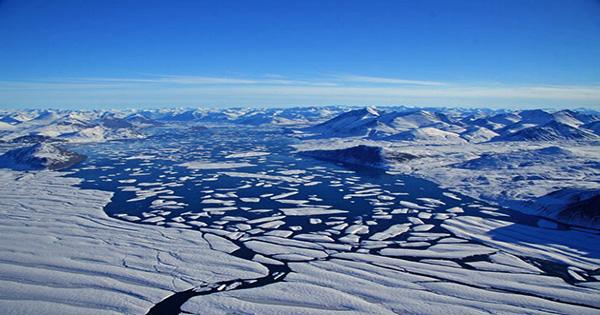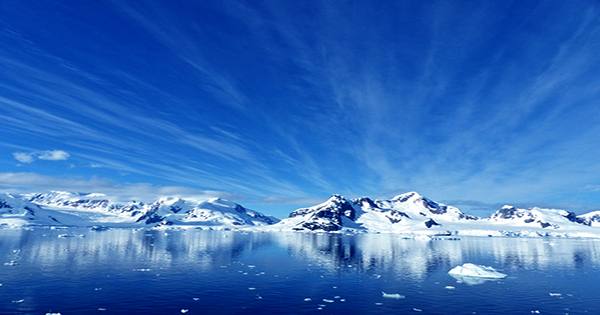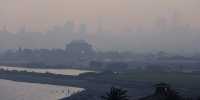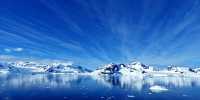Everyone, bad news. The melting of ice sheets in Greenland and Antarctica is on course to fulfill the UN’s “worst-case scenario” predictions, putting millions of people throughout the world at risk of severe floods each year. Researchers from the University of Leeds in the United Kingdom and the Danish Meteorological Institute found that melting from Antarctica has pushed global sea levels up by 7.2 millimeters since the ice sheets were first monitored by satellite in the 1990s, with Greenland contributing an additional 10.6 millimeters. In addition to these glacial behemoths, many smaller glaciers throughout the world are melting and contributing to sea level rise.
As a result of melting ice sheets, the world’s oceans are presently rising by 4 millimeters every year. If the ice sheets continue to melt at this rate, sea levels might rise another 17 cm by the end of the century, putting another 16 million people at risk of coastal flooding and damage. According to the researchers, this is nearly identical to the UN Intergovernmental Panel on Climate Change’s “worst-case scenario” (IPCC). “We could expect an extra 17 cm of sea-level rise from the ice sheets alone if ice sheet losses continue to track our worst-case global warming forecasts.”

In many of the world’s greatest coastal cities, that’s enough to quadruple the frequency of storm-surge flooding,” said Dr Anna Hogg, study co-author and climate researcher at Leeds’ School of Earth and Environment. According to the researchers, there are several reasons why the forecasts appear to have underestimated sea level increase. For one thing, conventional models exclude clouds and cloud development, which aid in surface melting modulation. Many people also overlook short-term weather occurrences, which are expected to alter as a result of longer-term climate change.
This has significant ramifications for how the world plans to address climate change and its consequences for our planet. The IPCC’s mission is to convey scientific knowledge to the world about the dangers of human-caused climate change and how it will affect both the natural and human worlds. If we’re already approaching the worst-case scenarios for sea-level rise, our strategy for avoiding a full-blown climate disaster may need to be revised.
“Although we expected the ice sheets to lose more ice as the oceans and atmosphere warm, the rate at which they are melting has accelerated faster than we could have imagined,” said Dr. Tom Slater, lead author of the study and climate researcher at the University of Leeds’ Centre for Polar Observation and Modelling. “The melting is outpacing the climate models we rely on for guidance, and we risk being caught off guard by the hazards presented by rising sea levels.”
















